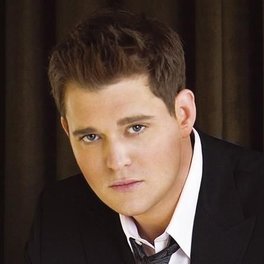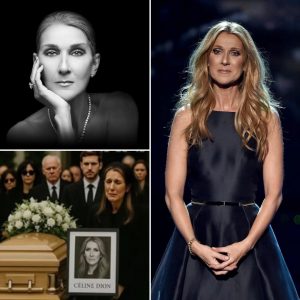OPINION: This article may contain commentary which reflects the author’s opinion.
For Michael Bublé, the path to becoming one of the world’s most cherished crooners was far from easy. Behind hits like Haven’t Met You Yet, Home, and Feeling Good lies a story of persistence, rejection, and relentless dedication. In a candid reflection, Bublé revealed that hundreds of record companies turned him away before he finally found his breakthrough.
A Humble Beginning
“I’m only 1% natural talent,” Bublé said with a laugh. “The other 99% is pure hard work, rejection, and refusing to quit.”
Growing up in Burnaby, Canada, Bublé idolized jazz and big-band legends such as Frank Sinatra, Tony Bennett, and Ella Fitzgerald. He began performing in jazz clubs as a teenager, yet even with a golden voice, industry executives frequently told him that his style was outdated.
“I can’t even count how many times I heard no,” he recalled. “I’d walk into record labels with a demo tape, and they’d say, ‘You’re talented, but no one listens to jazz or swing anymore.’ I must have been rejected a few hundred times. After a while, you start wondering if maybe they’re right.”
Persistence Pays Off
Despite setbacks, Bublé continued performing wherever he could — weddings, cruise ships, and small lounges — often to sparse audiences. “I was playing in smoky bars while my friends were getting real jobs,” he said. “But I couldn’t stop. Music wasn’t a choice — it was who I was.”
His career turned a corner in 2000 when he sang at the wedding of Michael McSweeney, an aide to former Canadian Prime Minister Brian Mulroney. Mulroney was so impressed that he introduced Bublé to legendary producer David Foster. Even Foster was skeptical at first. “He told me there was no market for what I did. But I begged him to give me one chance,” Bublé said.
That chance came in 2003 with the release of his self-titled debut album, Michael Bublé, featuring timeless tracks like Come Fly With Me and The Way You Look Tonight. The album’s success launched a career that would span decades, sell over 75 million albums, and earn him four Grammy Awards.
Dedication Beyond Talent
Bublé emphasizes that his success owes more to dedication than innate ability. “People think it’s about having a gift,” he said. “It’s not. It’s about obsession. I was obsessed with getting better, with proving everyone wrong. I still am.”
Even amid fame, Bublé has faced personal challenges, including his young son Noah’s cancer diagnosis in 2016, which prompted him to pause his career. “Fame, awards — none of it matters if your family isn’t okay. Everything I do now is for them,” he said.

A Message of Resilience
Today, Bublé continues to perform to sold-out audiences around the globe while balancing fatherhood and a renewed sense of gratitude. Reflecting on his early struggles, he offers advice to aspiring artists: “If I could go back and talk to the kid who got rejected hundreds of times, I’d tell him, ‘Keep going. One day, all those nos will lead to the one yes that changes everything.’”
And as for that “1% talent”? Bublé smiles. “Yeah, maybe it’s only 1%,” he said. “But when you give 100% of your heart — that’s where the magic happens.”
Michael Bublé’s story is a reminder that perseverance, heart, and resilience can turn rejection into a career that spans decades and touches millions worldwide.






